Fermentation is a metabolic process in which an organism converts a carbohydrate such as starch or a sugar into an alcohol or an acid. More broadly fermentation is the foaming that occurs during the manufacture of wine and beer a process at least 10 000 years old.
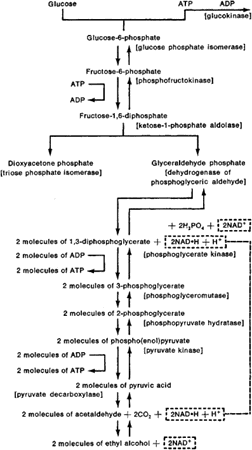 Fermentation Process Article About Fermentation Process By The Free Dictionary
Fermentation Process Article About Fermentation Process By The Free Dictionary
Primary fermentation is when microbes rapidly set to work on initial raw ingredients such as fruit vegetables or dairy.
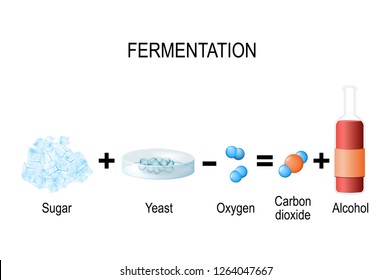
What is fermentation process. Initially the microbes present or in the surrounding liquid such as brine for fermented vegetables prevent putrefying bacteria from colonizing the food instead. The study of fermentation is called zymology. Fermentation is the process by which yeast converts the glucose in the wort to ethyl alcohol and carbon dioxide gas giving the beer both its alcohol content and its carbonation.
Fermentation process by which the living cell is able to obtain energy through the breakdown of glucose glucose dextrose or grape sugar monosaccharide sugar with the empirical formula c 6 h 12 o 6. In the next step pyruvate is reduced to lactic acid ethanol or other products. The fermentation media can also be differential but mostly it is selective in nature that is allowing the growth of one type while inhibiting the growth of others.
Process of fermentation fermentation is an anaerobic biochemical process. Bacteria perform fermentation converting carbohydrates into lactic acid. The bacteria help in the conversion of sugar into acid and the yeast is used for the alcohol production.
The frothing results from the evolution of carbon dioxide gas though this was not recognized until the 17th century. In biology the fermentation process is actually a conversion of sugar into acids or alcohol with the help of bacteria or yeast. This carbohydrate occurs in the sap of most plants and in the juice of grapes and other fruits.
Fermentation media the fermentation culture media is a liquid selective media which is used to obtain a culture of a specific organism more likely yeast or a particular toxin. In fermentation the first process is the same as cellular respiration which is the formation of pyruvic acid by glycolysis where net 2 atp molecules are synthesised. Fermentation is a metabolic process that produces chemical changes in organic substrates through the action of enzymes in biochemistry it is narrowly defined as the extraction of energy from carbohydrates in the absence of oxygen.
Fermentation pathways regenerate the coenzyme nicotinamide adenine dinucleotide nad which is used in glycolysis to release energy in the form of adenosine triphosphate atp. To begin the fermentation process the cooled wort is transferred into a fermentation vessel to which the yeast has already been added. Fermentation chemical process by which molecules such as glucose are broken down anaerobically.
Fermentation refers to the metabolic process by which organic molecules normally glucose are converted into acids gases or alcohol in the absence of oxygen or any electron transport chain. For example yeast performs fermentation to obtain energy by converting sugar into alcohol. In food production it may more broadly refer to any process in which the activity of microorganisms brings about a desirable change to a foodstuff or beverage.
 Process Of Fermentation Youtube
Process Of Fermentation Youtube
 Food Preserving The Fermentation Process
Food Preserving The Fermentation Process
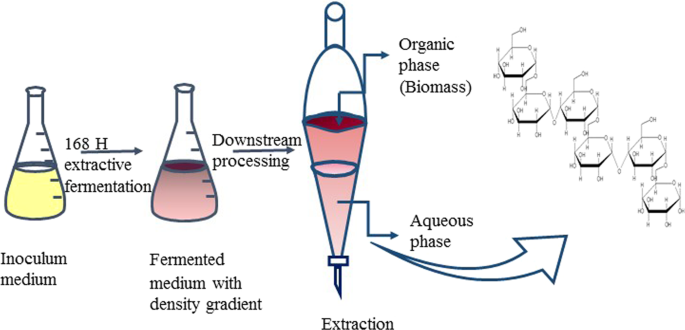 Extractive Fermentation For Process Integration And Amplified Pullulan Production By A Pullulans In Aqueous Two Phase Systems Scientific Reports
Extractive Fermentation For Process Integration And Amplified Pullulan Production By A Pullulans In Aqueous Two Phase Systems Scientific Reports
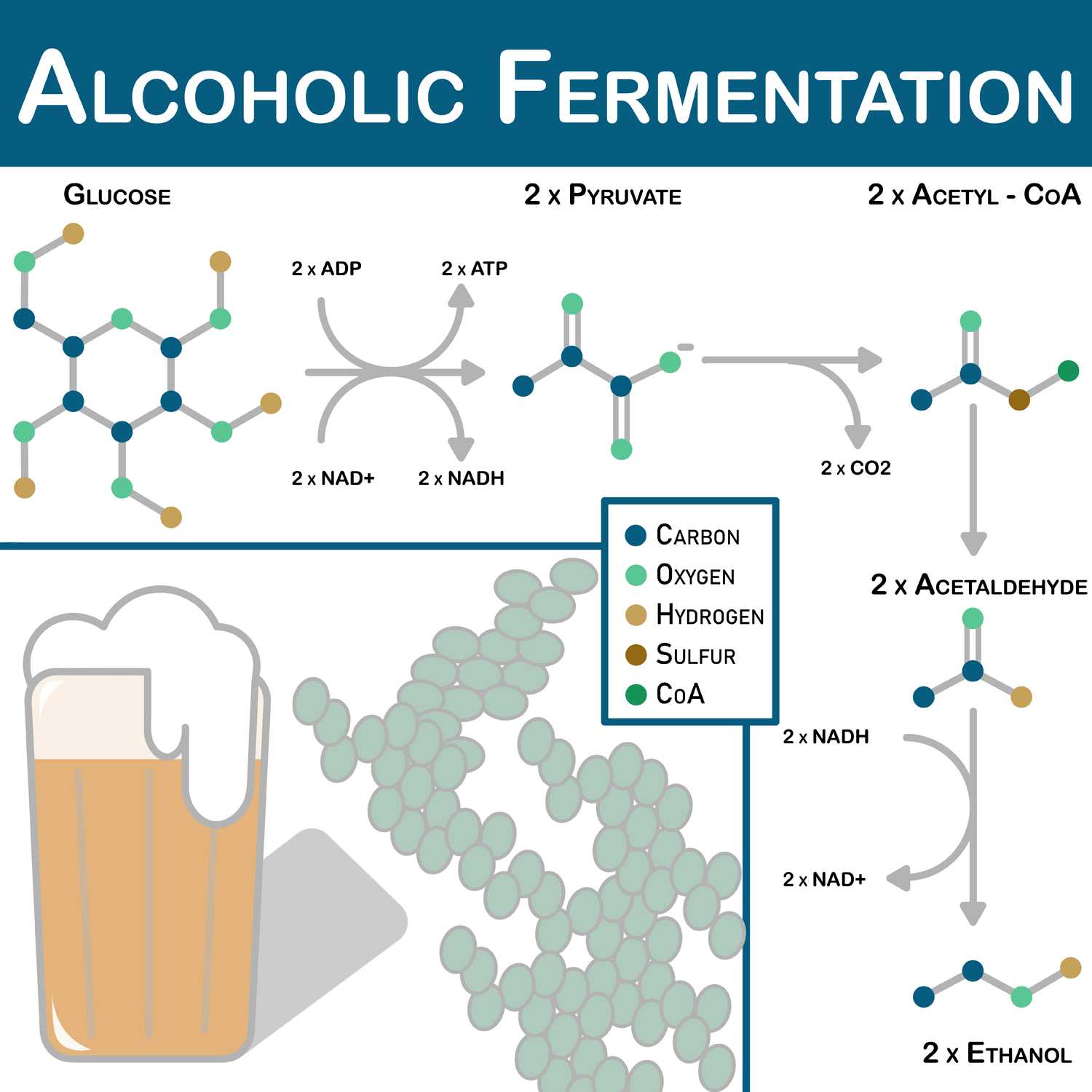 The Fermentation Process Of Alcohol The Pitt News
The Fermentation Process Of Alcohol The Pitt News
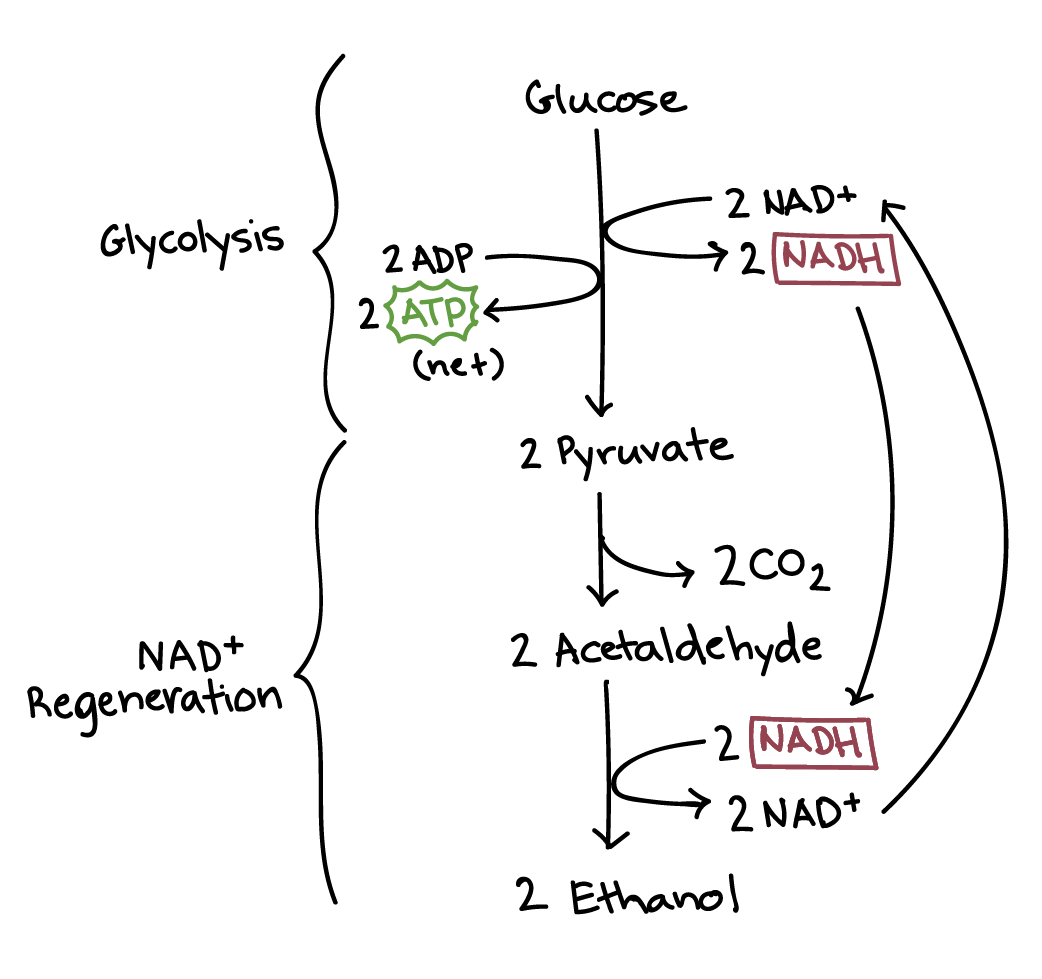 Fermentation And Anaerobic Respiration Cellular Respiration Article Khan Academy
Fermentation And Anaerobic Respiration Cellular Respiration Article Khan Academy
 What Is Fermentation Biology Wise
What Is Fermentation Biology Wise
 Ethanol Fermentation Wikipedia
Ethanol Fermentation Wikipedia
 Edo Ergo Sum Fermentation Is Your Friend
Edo Ergo Sum Fermentation Is Your Friend
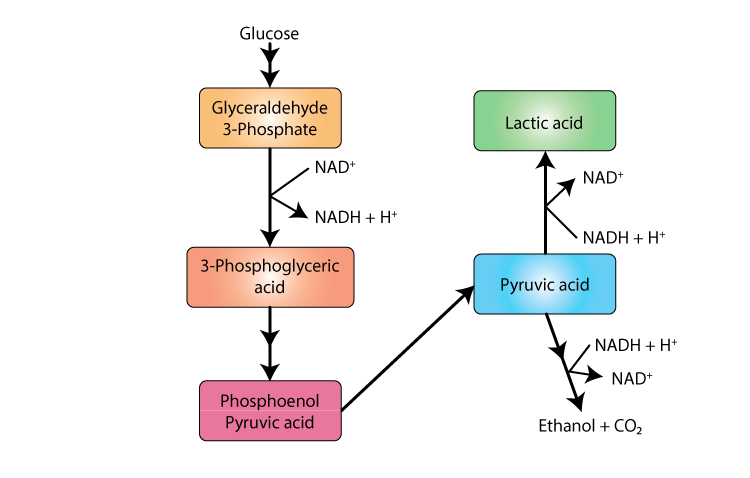 Types Of Fermentation Definition Process Advantages
Types Of Fermentation Definition Process Advantages
 Fermentation Process Images Stock Photos Vectors Shutterstock
Fermentation Process Images Stock Photos Vectors Shutterstock
 Overall Fermentation Process Of Fruits And Vegetables Download Scientific Diagram
Overall Fermentation Process Of Fruits And Vegetables Download Scientific Diagram
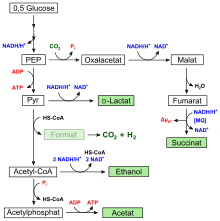


No comments:
Post a Comment